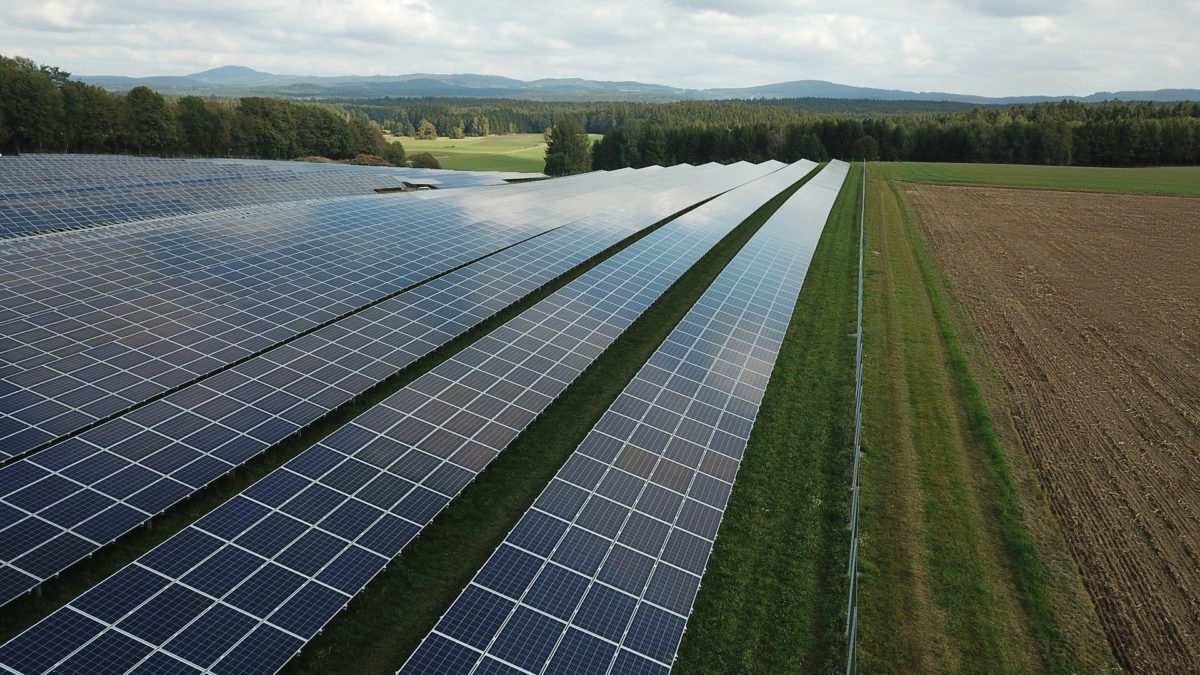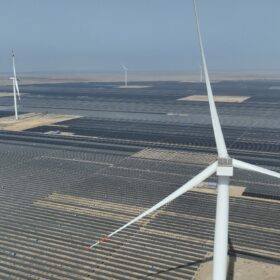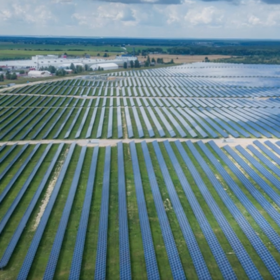The successful auction for the development of 5.8 GW solar power plants, out of the 6.4 GW tendered by the state-owned Andhra Pradesh Green Energy Corporation Limited (APGECL), is a positive move as it will allow the supply of uninterrupted, free power during the daytime to the farmers, according to data analytics company GlobalData.
The move forms part of the state government’s strategy to achieve 10 GW solar target for the farming needs of Andhra Pradesh. The state government approved the proposal last year as it has been incurring more than Rs 10,000 crore to meet the agriculture subsidy, lift irrigation power charges, and aquaculture subsidy every year.
The subsidy has been on a continuous rise over the years with the increasing cost of power supply and also an increase in the number of agricultural pump set connections.
The successful bidders of the auction are Adani Renewable Energy Holding Twelve Limited (2.4 GW), Shirdi Sai Electricals Limited (2.2 GW), NTPC Limited 0.6 GW), Torrent Power Limited (0.3 GW), and HES Infra Private Limited (0.3 GW). The tariffs for successful bids were in the range of INR2.47 to INR 2.49 per kWh. A bid from Adani for an additional 600 MW Chandrasekharapuram Solar PV Park in Prakasam district was not finalized yet and is currently under further examination by the committee due to a higher tariff of INR 2.58/kWh.
Pavan Vyakaranam, project manager-power at GlobalData, commented: “The tariffs under the 6.4 GW tender are 52% lower than what the state government is currently procuring at and is set to reduce the financial burden on the government exchequer.”
However, the winning prices failed to be anywhere near the record INR 1.99 per kWh tariff achieved by Gujarat Urja Vikas Nigam Ltd’s (GUVNL) 500 MW auction in December 2020, as foreign or foreign funded developer did not evince interest.
Vyakaranam said, “It is important for the Andhra Pradesh government to implement these projects and regain investor confidence, especially in light of the cancellation of renewable power purchase agreements (PPAs) last year.”
This content is protected by copyright and may not be reused. If you want to cooperate with us and would like to reuse some of our content, please contact: editors@pv-magazine.com.









1 comment
By submitting this form you agree to pv magazine using your data for the purposes of publishing your comment.
Your personal data will only be disclosed or otherwise transmitted to third parties for the purposes of spam filtering or if this is necessary for technical maintenance of the website. Any other transfer to third parties will not take place unless this is justified on the basis of applicable data protection regulations or if pv magazine is legally obliged to do so.
You may revoke this consent at any time with effect for the future, in which case your personal data will be deleted immediately. Otherwise, your data will be deleted if pv magazine has processed your request or the purpose of data storage is fulfilled.
Further information on data privacy can be found in our Data Protection Policy.